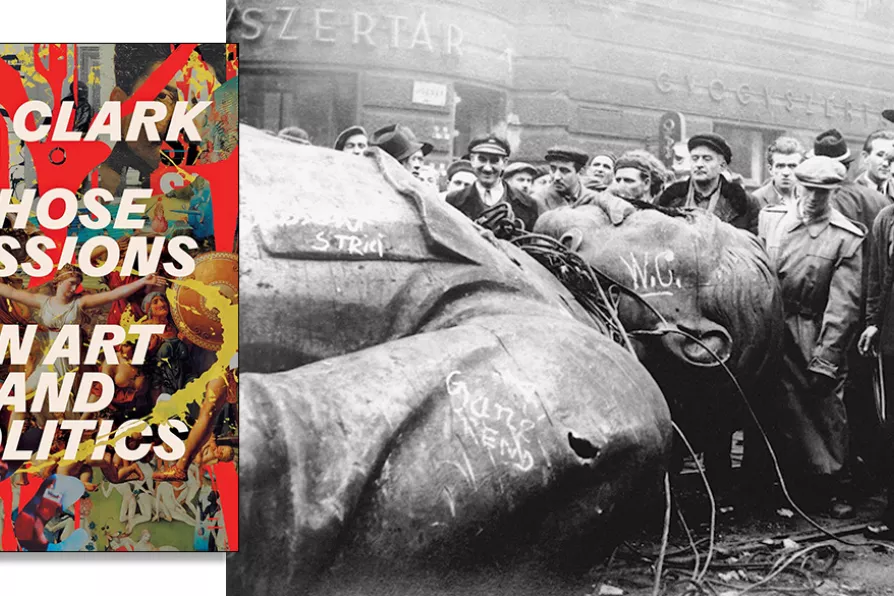The Bard stands with the Reformers of Peterloo, and their shared genius in teaching history with music and song

 PREMONITION OF DISASTER: Anonymous photographer, Fallen Statue of Stalin, Budapest, 1956
[Associated Press / Alamy Stock Photo]
PREMONITION OF DISASTER: Anonymous photographer, Fallen Statue of Stalin, Budapest, 1956
[Associated Press / Alamy Stock Photo]
Those Passions: On art and politics
TJ Clark, Thames and Hudson, £40
1848 – the year of European revolutions, the year Marx and Engels wrote The Manifesto of the Communist Party – marked a deep change in the ways in which bourgeois society came to be ruled and in the immediate years that followed, and conditioned by the same processes, realist painting became a thing.
The French state became active as a patron of art in a more overtly ideological and politically significant way than authority and class power had in previous eras. The distinctive feature of this endeavour was, for the French state and, by extension for the French nation, the promotion of a particular understanding of the Revolution.
In TJ Clark’s first two books – The Absolute Bourgeois: Artists and Politics in France 1848-1857 and Image of the People. Gustave Courbet and the 1848 Revolution – a generation of art historians found that – in the collision of art and politics and the interplay of painting and state power – there came a real understanding of the relationship between the profound if barely perceptible movement of the economy and what was happening in people’s heads. And what appeared on the walls of state institutions.














